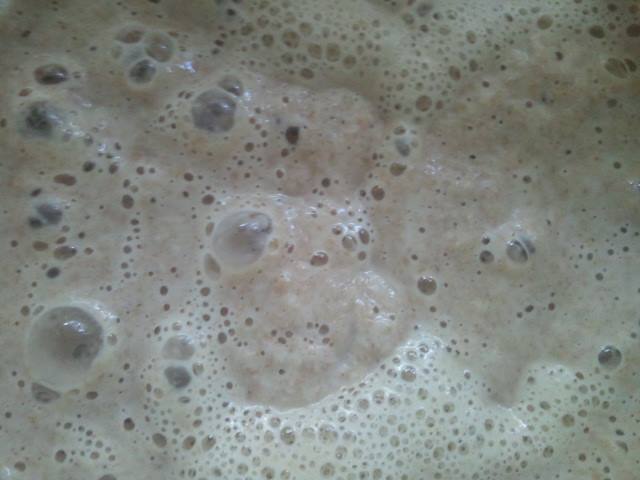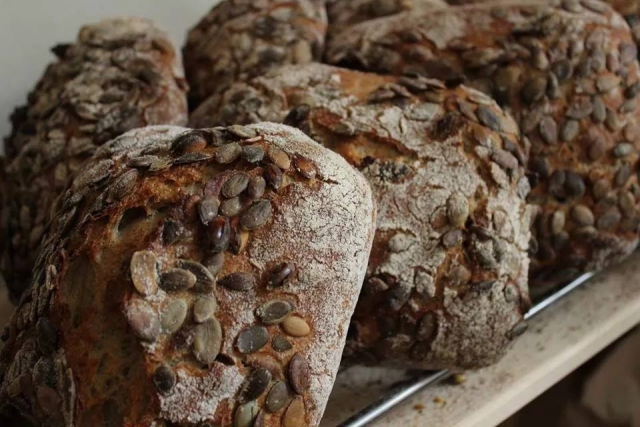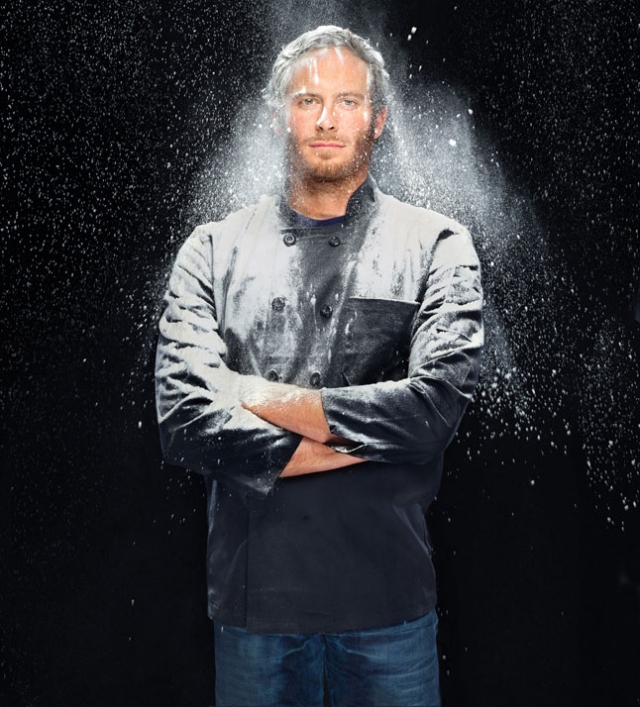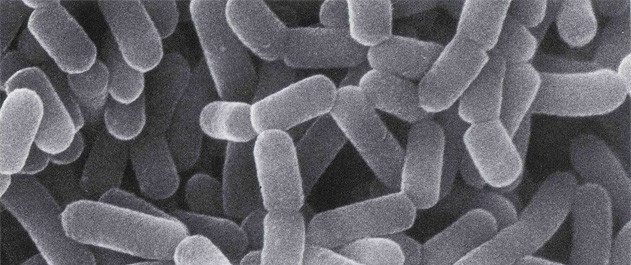We sought the informed opinion of Presian Petrov, whose vocation, as he himself claims, is bread making. Presian was apprenticed to some of the most famous breadmasters who have developed his love for this "modern alchemy" as he perceives bread making. He talks about Bread with capital B, with esteem, respect and admiration. He had early symptoms of ulcer but was able to heal his stomach and reduce his body weight. He had a serious bleeding problem that has become past history too. His teeth are the only thing that are not yet influenced by fermentation products. Presian says that many of his customers also provide feedback for improvement in their overall condition because they eat long fermented bread.
Alchemy of bread

Each grain has three layers, as follows, central part, shell and germ. The germ contains many of the nutrients. Nature has created the grain so that it can protect itself alone. It contains phytic acid that prevents the minerals and vitamins in the germ from decomposing so that the grain uses them while germinating. Man has no ability to decompose phytic acid. If we eat raw grain, we do not absorb it at all. Even the sugar in the grain has long chains and it is difficult to digest it. The nutritional value of raw grain for humans is almost zero. This is where sourdough plays its role. Why is the discovery of sourdough so ingenious? Sourdough does many things simultaneously. Firstly, it decomposes all sugar chains and makes them shorter. They thus become easily absorbable by the body. Secondly, the acidity of sourdough protects against pathogenic bacteria that do not like an acidic environment, which account for a large part of the bacteria. Thirdly, at the time of fermentation, all flavours are released and we can taste them. They may be inside, but without fermentation, we cannot enjoy them. Short-fermented bread is not so tasty, as is the case with industrially baked bread.
Many people say that bread "dies" while baked. However, studies show that sourdough microorganisms remain in bread after it is baked.

"The US conducted experiments with wheat with the highest gluten content. After 30 hours of fermentation, the levels drop to normal. The fermentation of sourdough bread was studied for 118 hours. The obtained porridge contained almost no gluten. During the same fermentation process, but with yeast, gluten remained almost unchanged. Natural fermentation and microorganisms decompose gluten," adds Presian.
Innovations in bread making

Chad Robertson is a baker and revolutionary in bread making. It is not easy to be a revolutionary and go against tradition and universal concepts, against what is accepted and established. That is why Chad Robertson has been the subject of ridicule all his life but Presian admires him. All say that water is the enemy of bread. Chad says the opposite and introduces a great innovation. He starts to make wet and soft dough, and calls it "water dough". Those types of dough spread out on the table. Everyone says those types of dough are of no use, that they should be thrown in the dustbin. Two days later, the loaf of bread is gigantic, huge, fluffy, soft, with a caramelized crust, it decomposes very easily in the body and there are no problems with gluten, whatever the wheat.
--------------------------
Chad Robertson’s video card and the bread he makes:
-------------------------------
Historically, the first loaves of bread that were made 30,000 years ago were in the form of porridge. Chad Robertson makes bread-porridge. He adds porridge to dough to ferment for 48 hours, and to make dough even softer and stickier and to bake it after being frozen.
Innovation in bread making is something that has been denied by modern bread production but it directly corresponds to the making of the first loaves of bread 30,000 years ago. Presian calls this returning to the roots, but with a new look. "People do things for generations and call it a tradition. Returning to the roots, to things that are forgotten, even denied, just because of tradition and routine, is the revolution in our conception of bread and its making. This is genius!"
Presian speaks with fervour and respect for Chad Robertson.
Under the microscope of science
